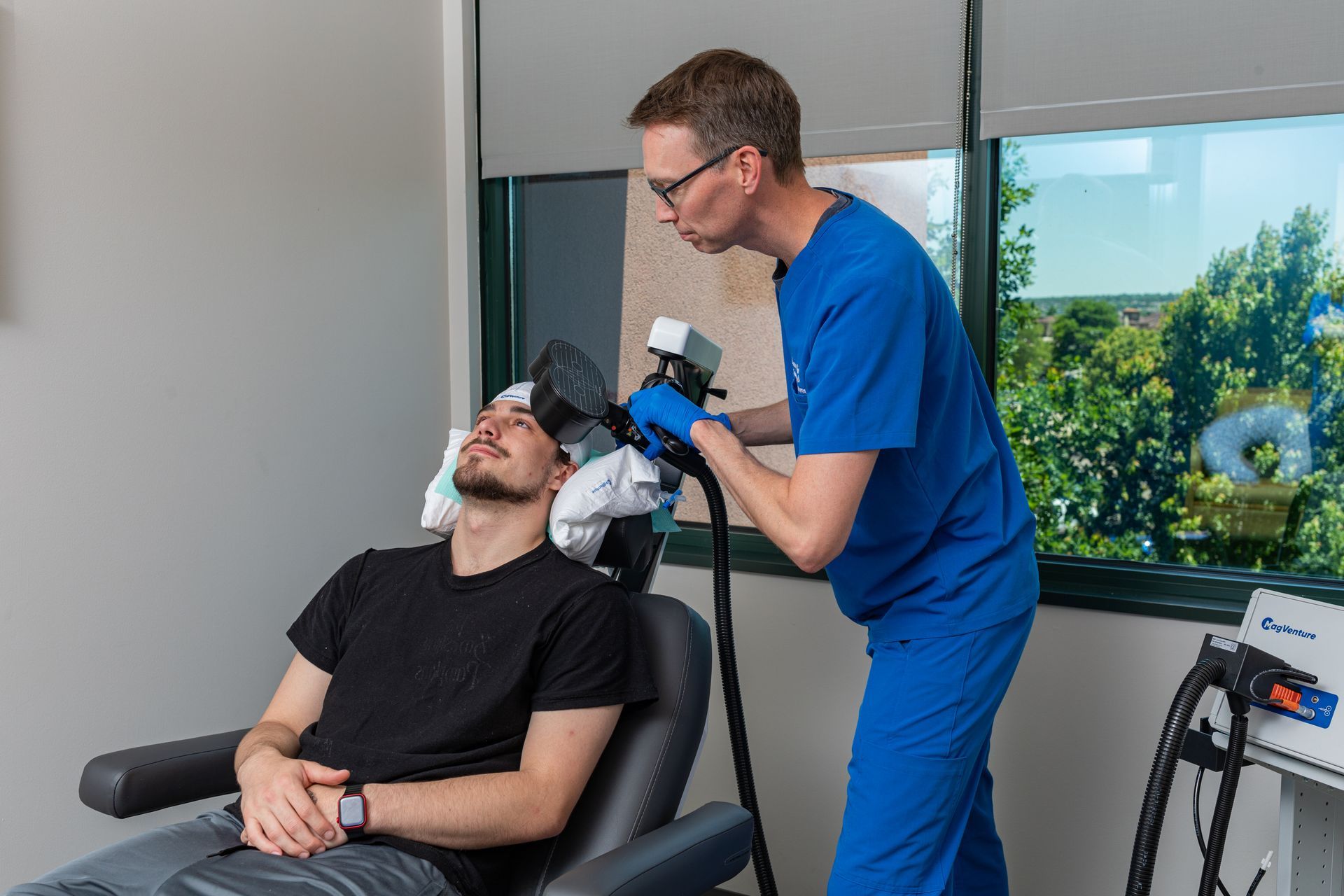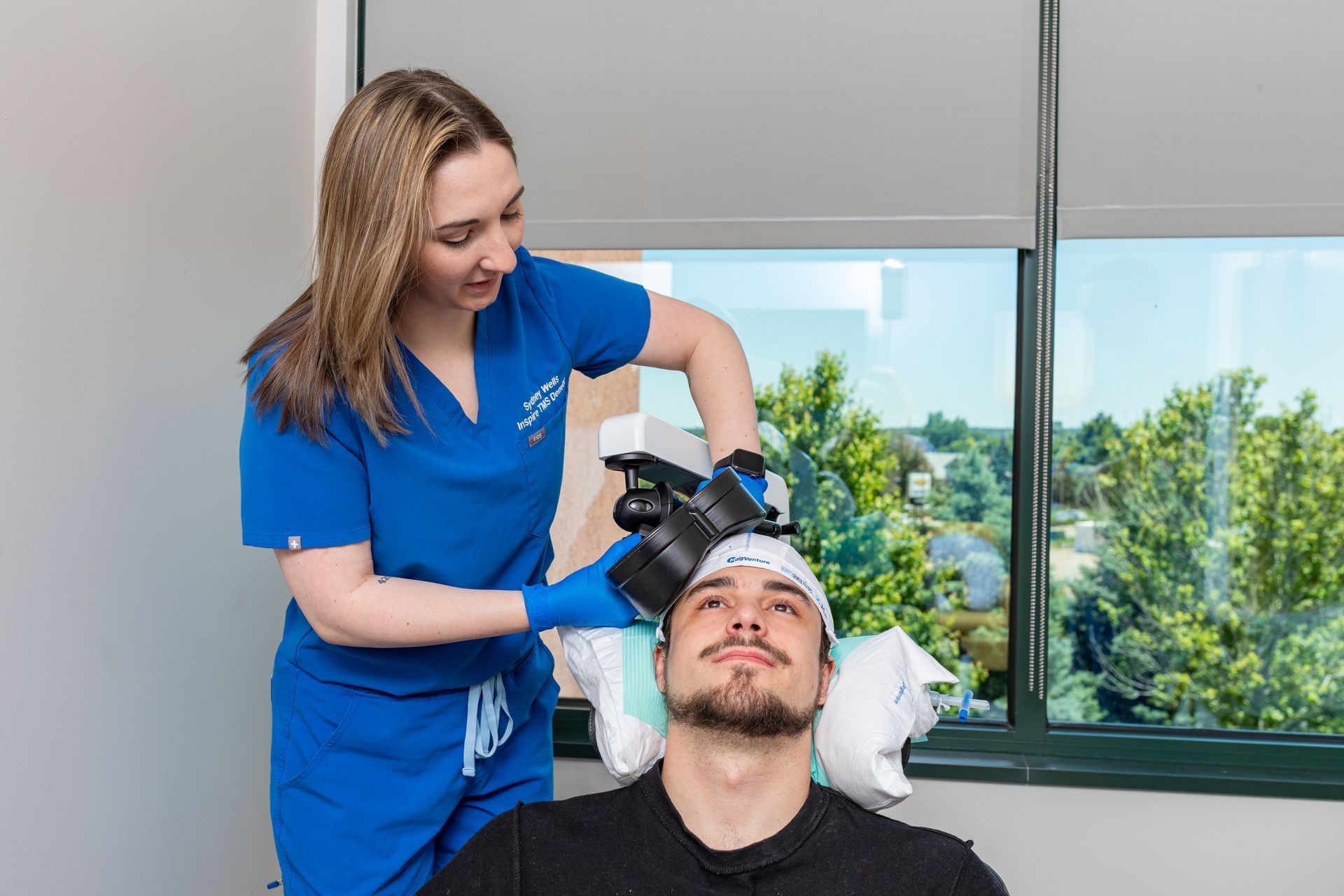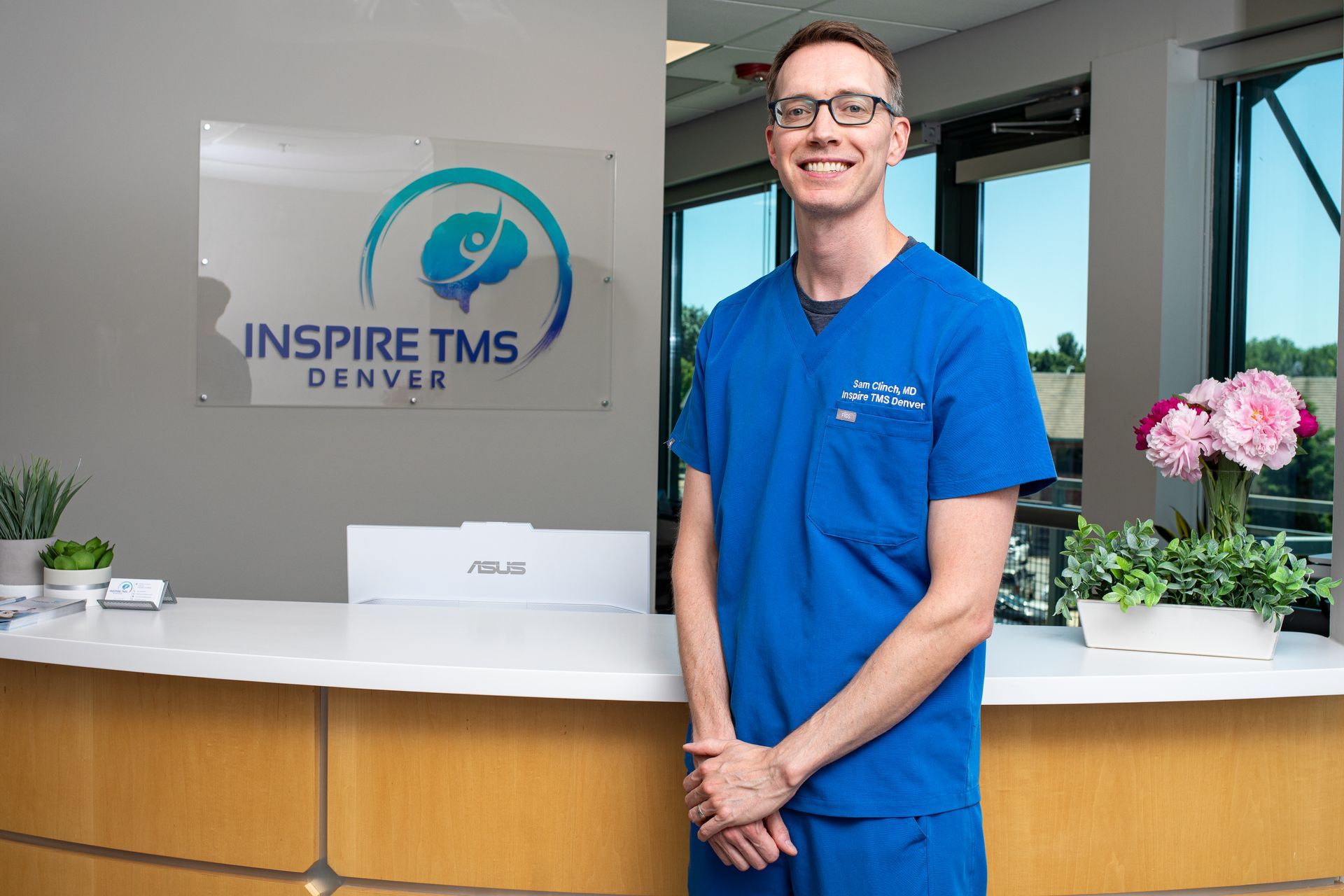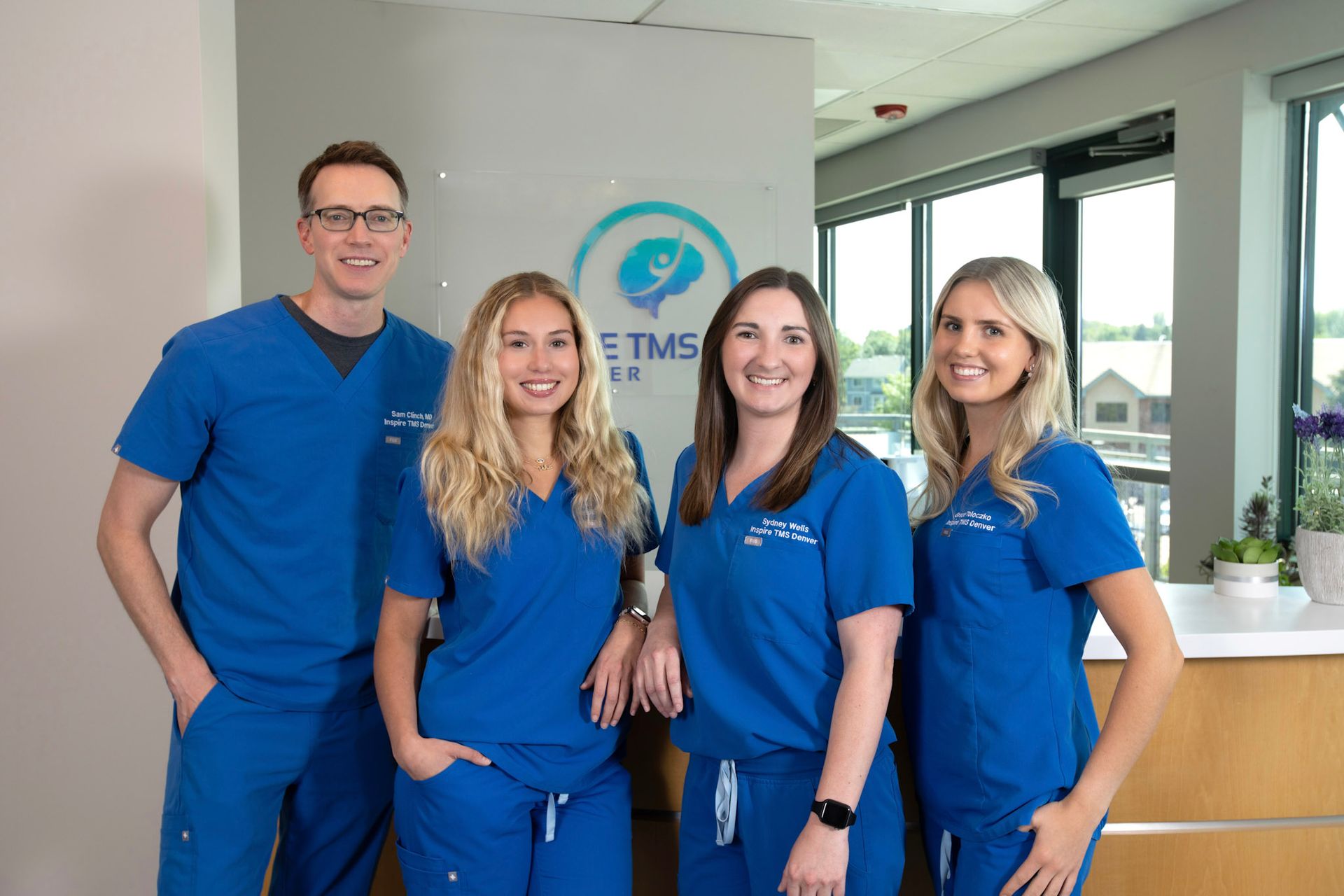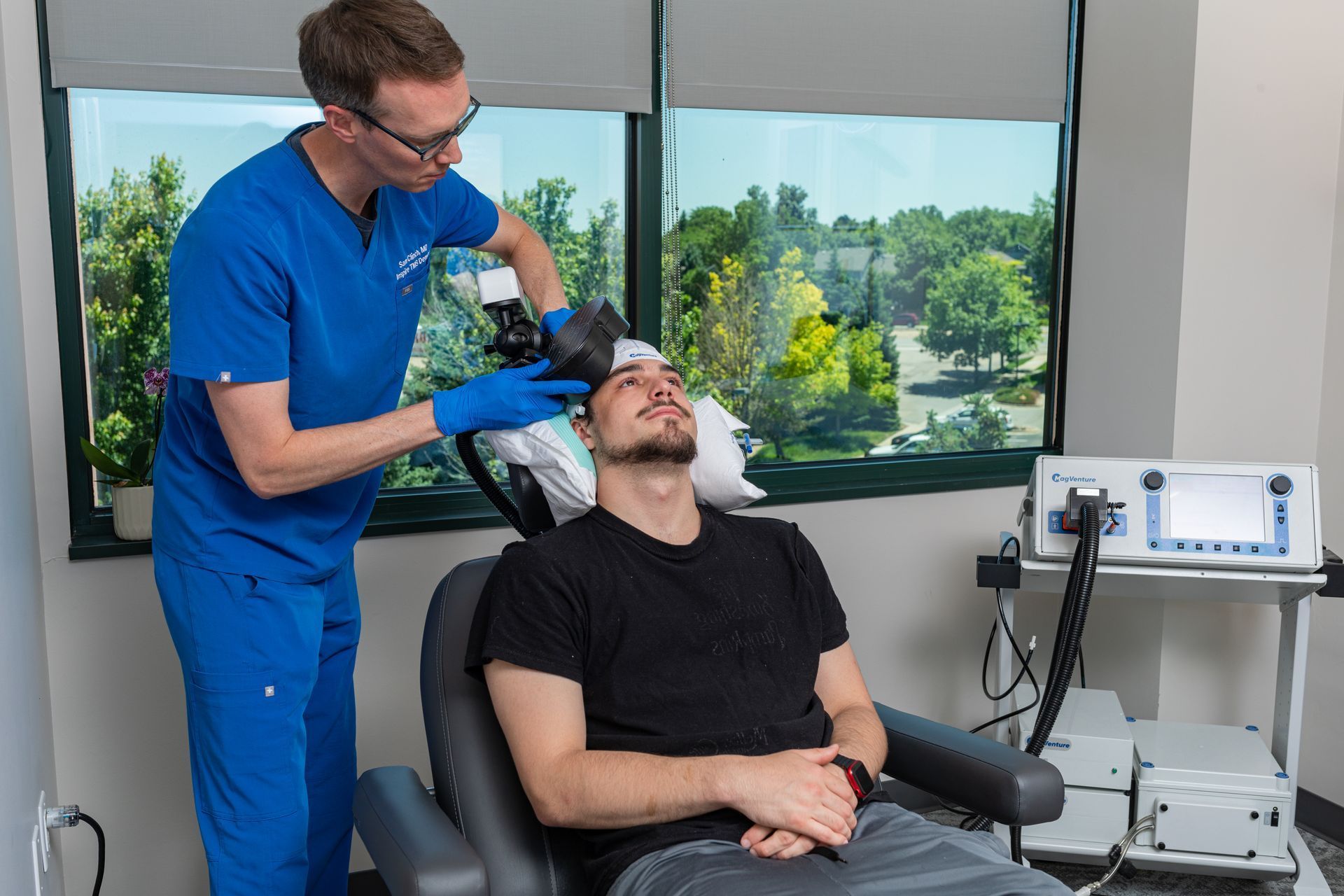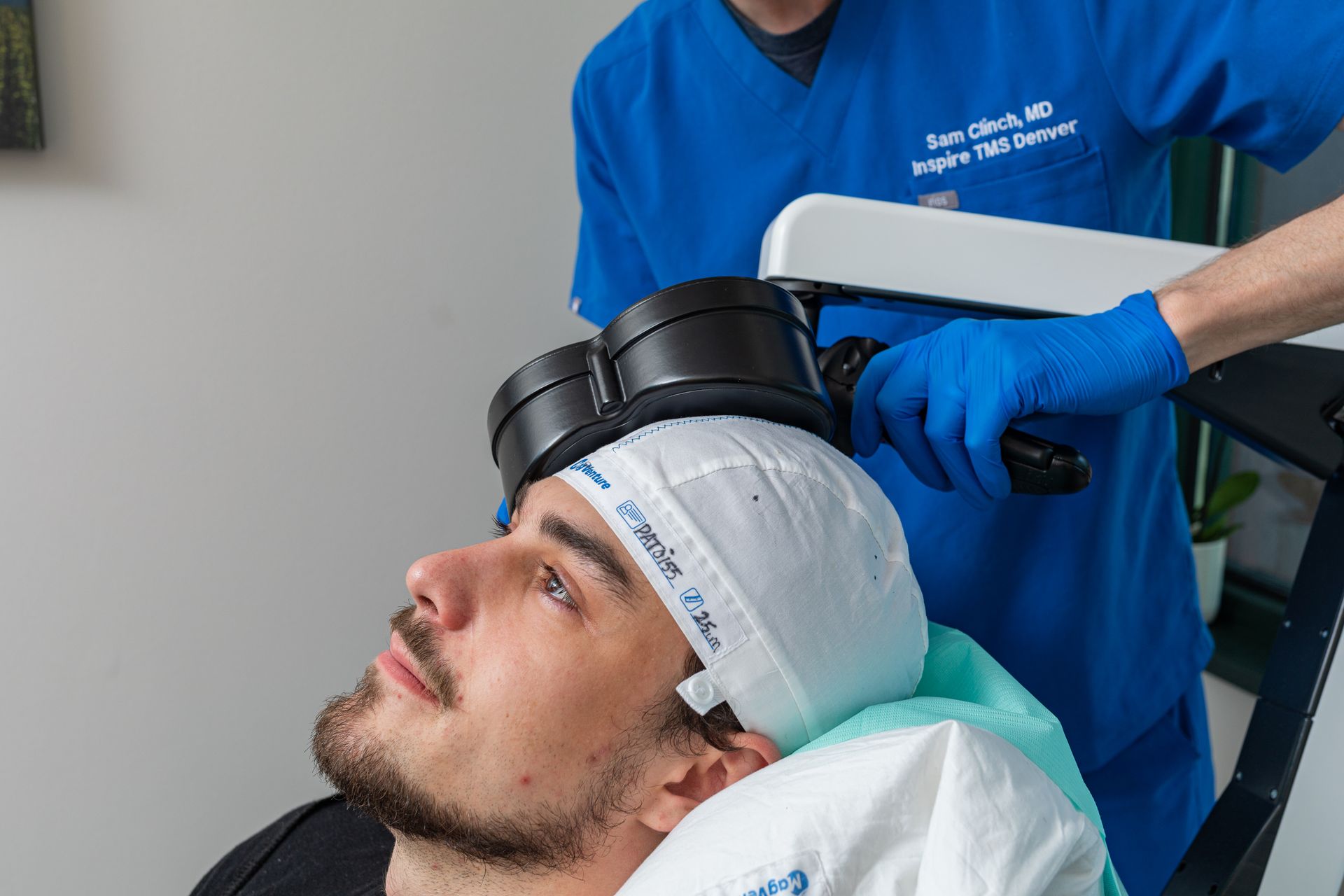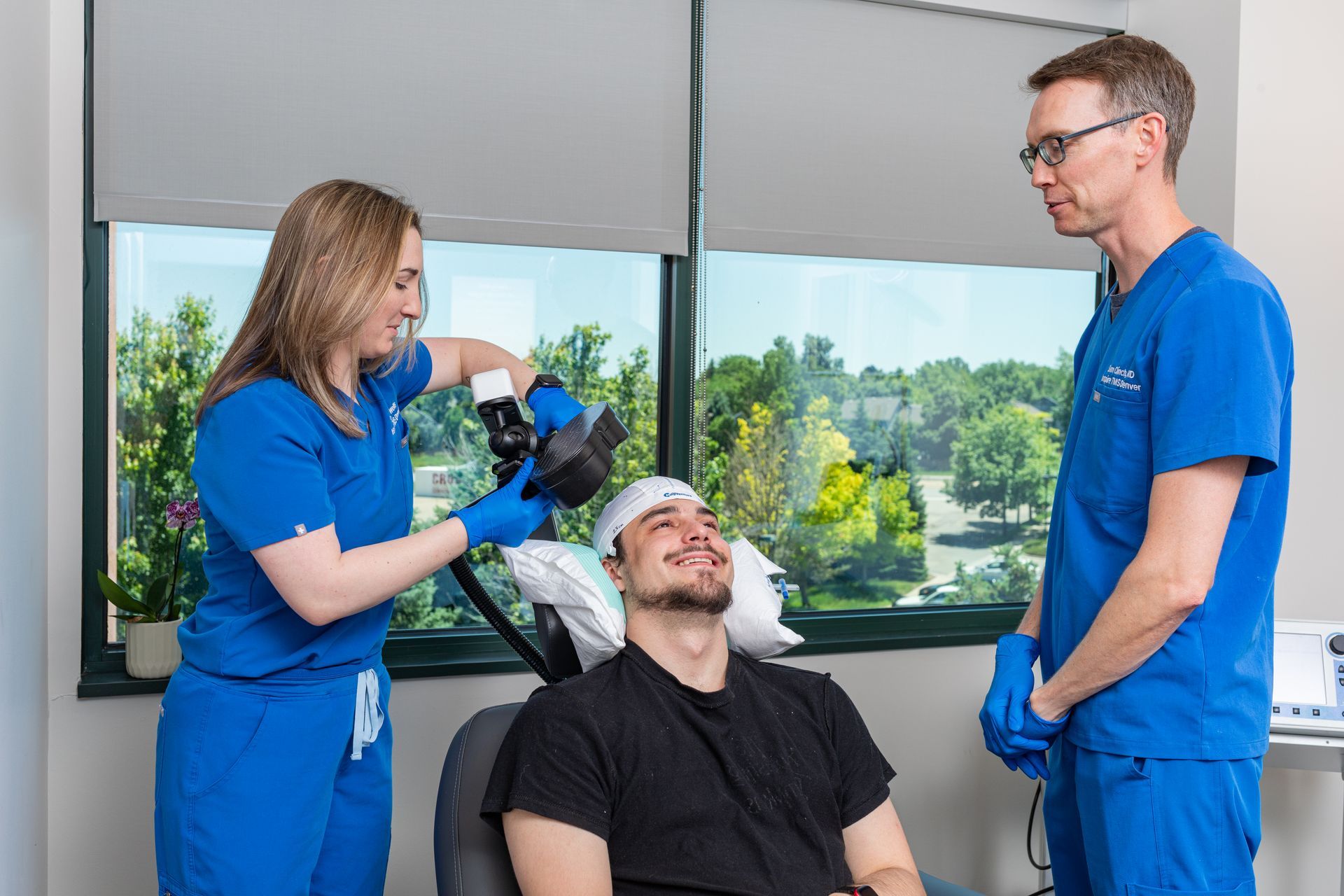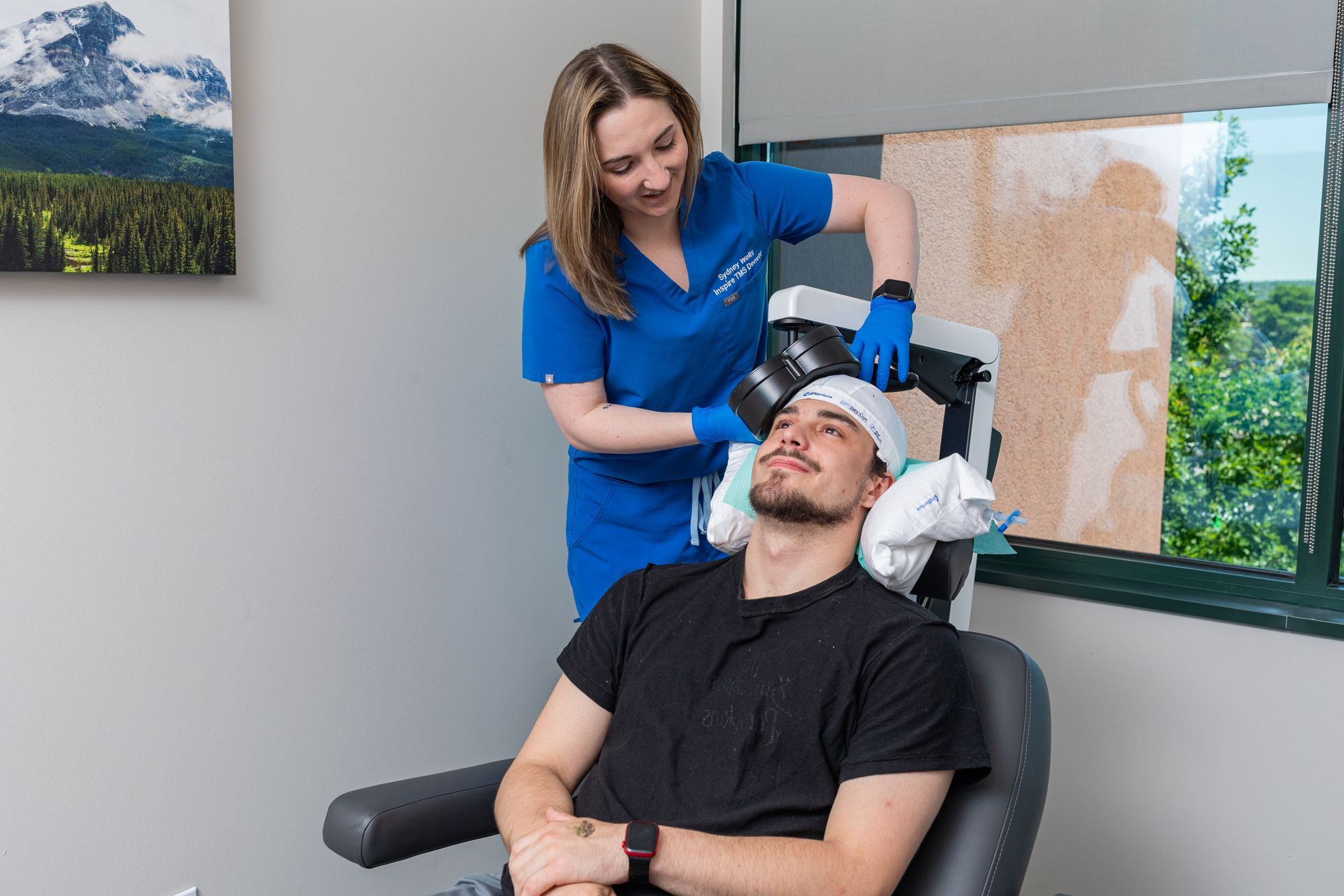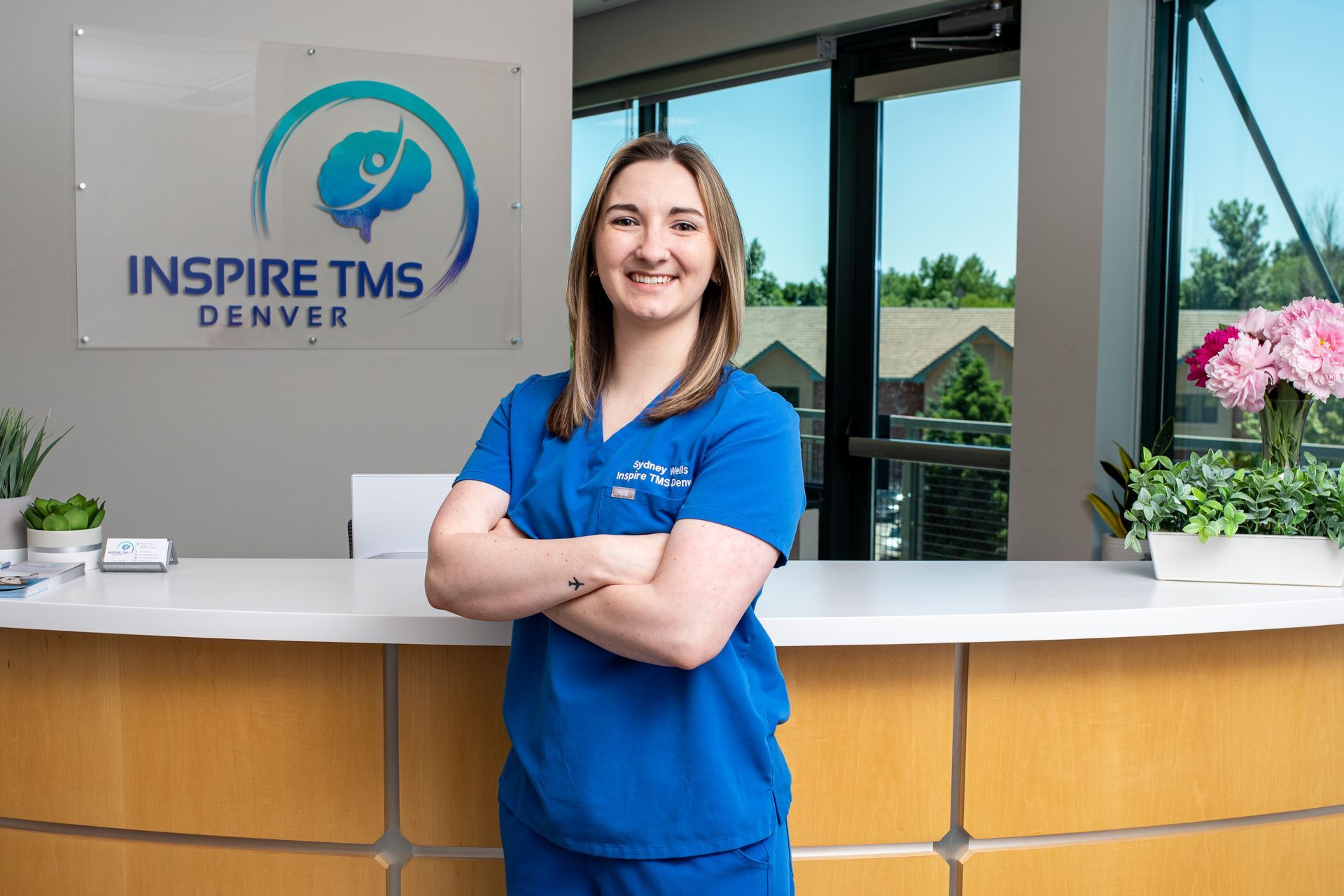TMS for Postpartum Depression: A New Path to Healing

When Joy Turns Into Struggle
The birth of a child is often seen as a time of joy, love, and new beginnings. But for many new mothers, it can also be a time of emotional upheaval, anxiety, and overwhelming sadness.
Hormonal shifts, sleep deprivation, physical recovery, and the demands of a newborn can quickly take a toll. While “baby blues” are common and usually short-lived, up to 15% of new mothers develop Postpartum Depression (PPD) - a serious condition that can make this time incredibly difficult.
Understanding Postpartum Depression
Postpartum Depression can affect any mother, whether or not she has a prior history of mental health challenges. It can develop days or even weeks after giving birth and often presents with:
- Intense sadness, crying spells, or emotional numbness
- Feelings of guilt, hopelessness, or inadequacy
- Trouble bonding with the baby
- Fatigue, changes in appetite, and poor sleep
- Anxiety or fear of harming the baby
- Difficulty concentrating or completing daily tasks
- In severe cases: suicidal thoughts or hallucinations
If symptoms persist for more than a few days or become debilitating, seeking professional help is critical.
Challenges With Traditional Treatments
First-line treatments for PPD often include talk therapy (such as CBT) and antidepressant medication. While effective for many, these approaches may not work quickly enough, or at all, for some.
Medication concerns are especially common for breastfeeding mothers. Even though many antidepressants are considered safe during breastfeeding, the idea of medication exposure can still create hesitation.
A Promising Alternative: TMS Therapy
Transcranial Magnetic Stimulation (TMS) is a non-invasive treatment that uses magnetic pulses to stimulate specific areas of the brain linked to mood regulation.
Recent studies, although smaller in scale, suggest that TMS can be especially effective for treating postpartum depression, with some studies reporting remission rates between 70–90%, even without medications.
TMS is:
- Safe & well-tolerated
- Non-systemic (no medications involved)
- Compatible with breastfeeding
- Now available in accelerated protocols, like Theta Burst Stimulation, for even faster results.

Not Sure If Insurance Covers TMS?
Get a personalized estimate - see if you qualify for insurance and what you’d pay without coverage.
Tailored Treatment at Inspire TMS Denver
At Inspire TMS Denver, we understand that every patient’s journey is unique. That’s why we offer personalized TMS treatment plans, specifically adapted for postpartum depression.
- Free consultation with a doctor
- Flexible scheduling to accommodate childcare
- Calm, welcoming environment to support healing
- Clinical experience with postpartum cases
If you or someone you love is struggling after giving birth, there’s hope - and you don’t have to go through it alone.
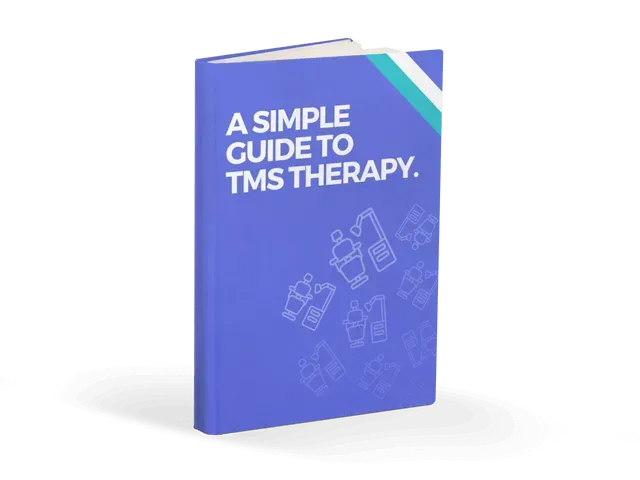
Every Question Answered
Want to know more about TMS? Check out this in-depth guide to TMS therapy with transparent and easy to understand explanations about TMS processes, protocols, and treated conditions.
Latest Posts
